It was a privilege for me once again to represent the SA Road Federation at another Brake & Tyre Watch (B&TW) on 29 & 30 May. The primary aim of this Fleetwatch magazine initiative is to provide in-depth training to traffic officers regarding heavy vehicles, with a specific emphasis on brakes and tyres. The theoretical training took place at the Boekenhoutkloof Traffic Training College and the practical day at the Donkerhoek weighbridge on the N4 about 20 km east of Pretoria. Sixty traffic officers and a number of traffic training officers from around SA participated in the training. Besides SARF, sponsors of the event included TRAC, Bridgestone, Wabco, Jost, HCV Insurance, Standard Bank (Vehicle & Asset Finance), BPW and Volvo. All the sponsors have the common interest of improving the safety of trucks on the SA road network. Paulus Plaatjies, Senior Manager: Traffic Training, RTMC and Basil Nkwashu, Chief, National Traffic Police, both expressed their gratitude for the contribution of the B&TW initiative in terms of empowering traffic officials. Arthur Coy, CEO of TRAC, gave a presentation on Day 1 highlighting some of the heavy vehicle-related issues on the N4 including overloading, crashes, breakdowns and loss of tyre retreads. The SARF presentation highlighted the importance of the road network (and trucks) in terms of the SA economy, focusing on 3 key national imperatives: improving the quality of life of all South Africans, improving SA’s global competitiveness and promoting a sustainable environment. Non-compliance of heavy vehicles on the road often results in situations that compromise these imperatives – crashes and unscheduled breakdowns invariably result in loss of life, serious injuries and lane closures for many hours, resulting in increased congestion, delays and emissions and sometimes harmful spills. Unscheduled breakdowns, often as a result of inadequate vehicle maintenance, also contribute to increased congestion and emissions. During the practical day 14 of the 19 vehicles checked (74%) were discontinued from use due to various defects, primarily related to brakes and tyres. This is an alarming statistic but is not much higher than the average failure rate of 68% for the previous 21 B&TW events. SARF believes that supporting capacity building of traffic officers with regards heavy vehicles is one way of trying to address this serious situation.
The primary aim of this Fleetwatch magazine initiative is to provide in-depth training to traffic officers regarding heavy vehicles, with a specific emphasis on brakes and tyres. The theoretical training took place at the Boekenhoutkloof Traffic Training College and the practical day at the Donkerhoek weighbridge on the N4 about 20 km east of Pretoria. Sixty traffic officers and a number of traffic training officers from around SA participated in the training. Besides SARF, sponsors of the event included TRAC, Bridgestone, Wabco, Jost, HCV Insurance, Standard Bank (Vehicle & Asset Finance), BPW and Volvo.
All the sponsors have the common interest of improving the safety of trucks on the SA road network. Paulus Plaatjies, Senior Manager: Traffic Training, RTMC and Basil Nkwashu, Chief, National Traffic Police, both expressed their gratitude for the contribution of the B&TW initiative in terms of empowering traffic officials. Arthur Coy, CEO of TRAC, gave a presentation on Day 1 highlighting some of the heavy vehicle-related issues on the N4 including overloading, crashes, breakdowns and loss of tyre retreads. The SARF presentation highlighted the importance of the road network (and trucks) in terms of the SA economy, focusing on 3 key national imperatives: improving the quality of life of all South Africans, improving SA’s global competitiveness and promoting a sustainable environment. Non-compliance of heavy vehicles on the road often results in situations that compromise these imperatives – crashes and unscheduled breakdowns invariably result in loss of life, serious injuries and lane closures for many hours, resulting in increased congestion, delays and emissions and sometimes harmful spills. Unscheduled breakdowns, often as a result of inadequate vehicle maintenance, also contribute to increased congestion and emissions. During the practical day 14 of the 19 vehicles checked (74%) were discontinued from use due to various defects, primarily related to brakes and tyres. This is an alarming statistic but is not much higher than the average failure rate of 68% for the previous 21 B&TW events. SARF believes that supporting capacity building of traffic officers with regards heavy vehicles is one way of trying to address this serious situation.
During the practical day 14 of the 19 vehicles checked (74%) were discontinued from use due to various defects, primarily related to brakes and tyres. This is an alarming statistic but is not much higher than the average failure rate of 68% for the previous 21 B&TW events. SARF believes that supporting capacity building of traffic officers with regards heavy vehicles is one way of trying to address this serious situation.
